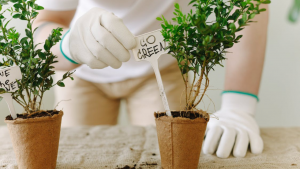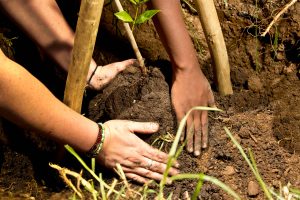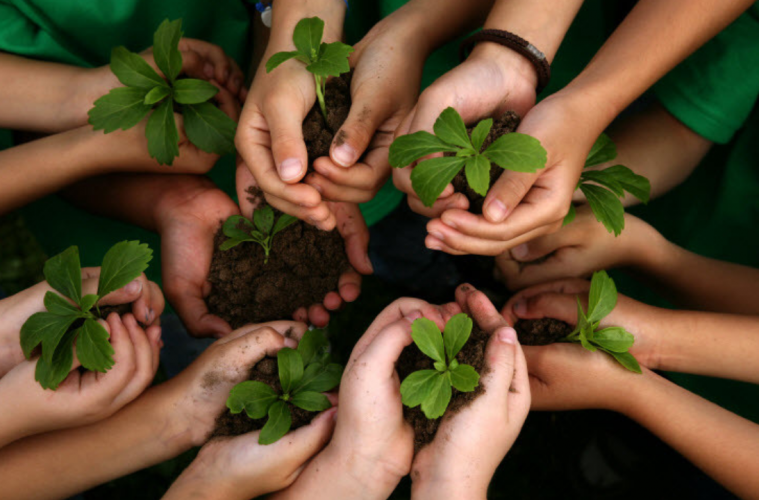South Africa’s Arbor Week, observed during the first week of September annually, is a momentous occasion that celebrates not only the beauty of trees but also the nation’s cultural and environmental heritage. As we delve into the importance of this week-long celebration, we discover the profound significance of trees in South African life and learn how everyone can actively participate in this green movement.
Celebrate Arbor Week
The Department of Forestry, Fisheries and the Environment, the custodian of forestry in South Africa, spearheads this campaign, emphasising the critical role trees play in our ecosystem. Beyond that, Arbor Week is intertwined with Heritage Month, making it a truly unique and culturally enriching experience. During this special week, the spotlight is cast on the country’s champion trees, which include some of the oldest, largest, and culturally significant specimens. Notable among them are the Sophia Town Oak Tree and the Sagole Baobab Tree in Limpopo, both of which hold deep historical and cultural roots, symbolising South Africa’s rich heritage.

Pexels
One of the central themes of Arbor Week is the planting of indigenous trees, serving as a symbolic gesture of sustainable environmental management. The act of planting trees not only enhances the natural landscape but also contributes to combatting climate change by absorbing carbon dioxide, making our air cleaner and our environment healthier. Arbor Week encourages a collaborative approach to “greening” communities. It brings together the government, the private sector, non-governmental organisations, community-based groups, and the public in a collective effort to enhance their local environments. Greening, in this context, refers to a holistic approach to planting, caring for, and managing all forms of vegetation in both urban and rural areas.

Unsplash
Get involved
Crucially, greening initiatives are focused on towns, townships, and informal settlements. Historically, these areas were often disadvantaged in terms of parks, tree-lined streets, and open spaces. Arbor Week aims to rectify this disparity by fostering greening projects in these communities.
To participate in Arbor Week, individuals and communities can engage in tree-planting events, educational workshops, and environmental cleanups. Moreover, supporting local conservation organisations and volunteering time and skills to tree-planting initiatives are excellent ways to contribute to this green movement.
Arbor Week in South Africa is not just a celebration of trees; it’s a celebration of the nation’s history, culture, and commitment to environmental sustainability. It’s a call to action for all South Africans to unite in the spirit of greening their communities and preserving their heritage for generations to come.
Feature image: Unsplash

